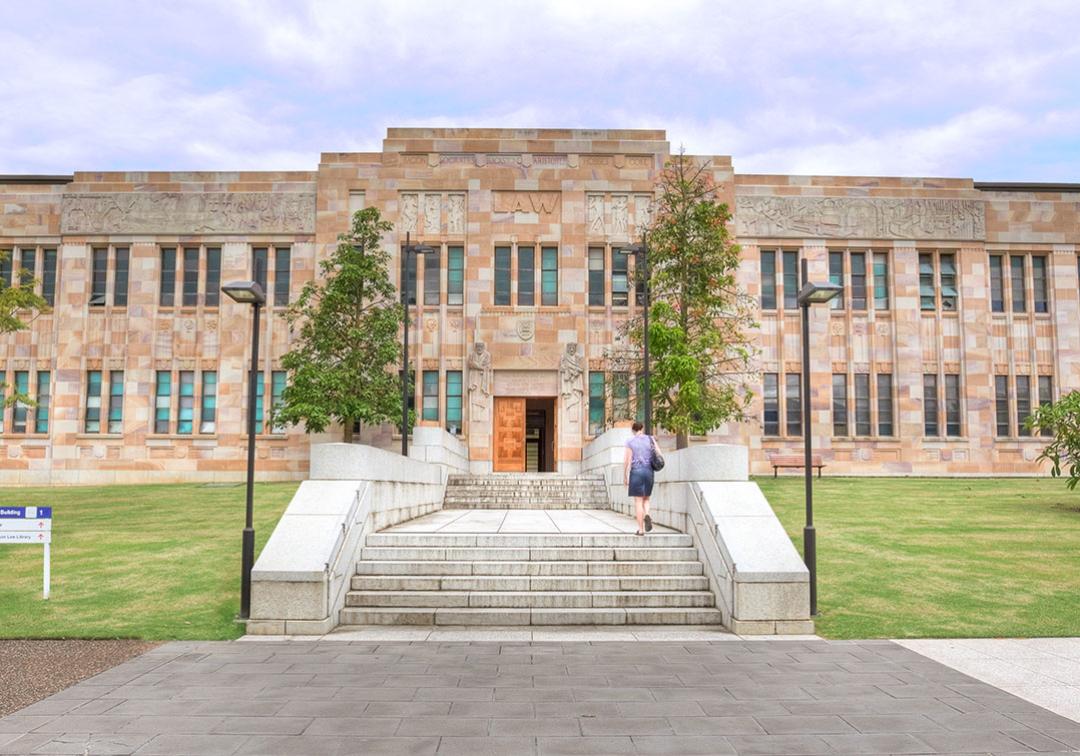
Help transform the way we detect disease, develop new treatments or sustainably feed a growing world population.
Investigate how cellular, genetic, and evolutionary processes affect everyday life.
Examine key concepts and techniques to understand genetic information, and investigate cellular processes and cell development in a range of organisms. You’ll apply microscopic techniques to observe how cells function in healthy and diseased states.
The growing availability of biological data is allowing unprecedented discoveries in areas as diverse as human medicine, agriculture, conservation biology and biotechnology. You'll learn from leading scientists who have contributed to breakthroughs across biotechnology, animal, plant and medical sciences.
Studying a minor cell biology will add depth to your scientific knowledge and enhance your employability for a wide range of opportunities within research, biotechnology, agriculture, medicine, conservation or government agencies.
Career possibilities
Our programs prepare you for your first job and beyond. Here are some of the careers you could be on your way to:
- Research assistant
- Medical laboratory scientist
- Bioinformatician
- Laboratory technician
- Quality assurance officer
- Technical sales representative
- Biotechnologist
Graduate salary
Agriculture & environmental studies (undergraduate)
compared.edu.au
Events
See all events
9 June
Master of Physiotherapy information webinar
Stories
See all stories
UQ people
Turning her curiosity into a healthcare career
4-minute read

UQ people
How the UQ Pro Bono Centre is shaping career-ready graduates
5-minute read

Careers
Transform your career with 4 business psychology courses
3-minute read
Stories
See all stories
UQ people
Turning her curiosity into a healthcare career
4-minute read

UQ people
How the UQ Pro Bono Centre is shaping career-ready graduates
5-minute read

Careers
Transform your career with 4 business psychology courses
3-minute read
How you'll learn
Your learning experiences are designed to best suit the learning outcomes of the courses you choose.
- Lectures
- Tutorials
- Laboratory work
What you'll study
At UQ, subjects are called 'courses'. Here's a sample of the courses you could study:
- Genes Cells & Evolution
- Molecular Cell Biology
- Cells to Organisms
- Molecular & Cellular Physiology
Keep up to date
Sign up to get information about applying and studying at UQ.


